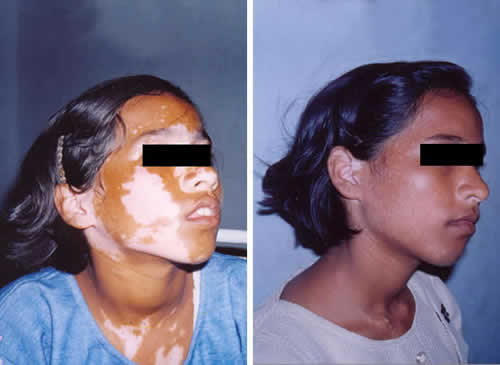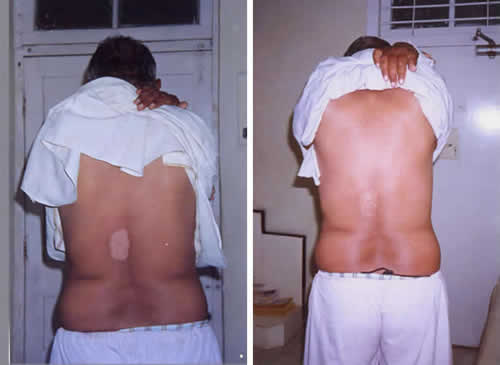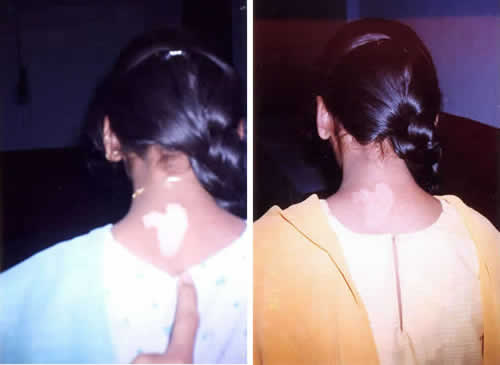Appendicitis
Appendicitis is a common medico-surgical case. It is nothing but an inflammation of the appendix. The appendix is a small pouch-like structure attached to the start point of the large intestine in the right lower part of the abdomen. The function of an appendix is still not unstated, but it is mainly considered to be approximately a useless body organ. It is one of the major causes of emergency abdominal surgery to avoid break of the appendix into the abdomen.
Types of appendicitis:
This can be classified as under:-
- Acute appendicitis: This emerges suddenly, and runs a short course, calling for critical attention and treatment; typically surgical treatment.
- Chronic appendicitis: As the name proposes, it is a long-standing inflammation of the appendix.
- Recurring appendicitis: Appendix, if not removed, can have an affinity to get inflamed and infected, time and again.
Chronic appendicitis
It is a continuation of acute appendicitis. In some patients the symptoms of appendicitis, are not as much of intense and persist for a long duration, they may be intermittent or constant. They can present as pain in the abdomen, which will be troublesome but not devastating. The person may experience pain and abdominal uneasiness in the right iliac fossa. A partial impediment of the appendix and mild bacterial infection are commonly responsible. They may settle down with a route of antibiotics but come back again. This also indicates a lower down immune system.
Causes
It generally occurs when the appendix becomes clog by hard fecal (stool) matter, a foreign body or rarely a tumor, undigested food. When the appendix is the arrest, it becomes inflamed because of swelling and ulceration of mucous membrane lining and it results in a state termed appendicitis. If the obstacle continues, the swollen tissue becomes infected with bacteria and begins to die as of a lack of blood supply, which lastly results in the rupture of the appendix.
Infection in the other parts of body or gut may also inflame the appendix and cause appendicitis.
Incidence:
It can affect any age group; more common age group is 15 to 45 years. Symptoms
- Starts with pain in lower abdomen.
- Pain begins in the middle of the abdomen “belly button" (umbilicus).
- The pain gradually moves in the next 24 hours to the right lower abdomen (toward the right iliac fossa).
- Pain is distinct from any pain felt before.
- Pain is worse on movement, on deep breathing, sneezing and coughing.?
- Loss of appetite.
- Nausea.
- Vomiting.
- Diarrhea or Constipation.
- Unable to pass gas.
- Low-grade fever.
- Abdominal swelling.
- Feeling that passing stool will relieve discomfort.
Diagnosis
Diagnosis can be made clinically by a history of symptoms given by the patient and by the presence of the following signs on examining the patient.
Signs:
On examination, the doctor can elicit tenderness in the right iliac fossa. There can be rebound tenderness; it is the pain that is worse when the doctor quickly releases his or her hand after gently pressing the area of tenderness on the abdomen.
Rectal examination
May disclose tenderness in the right side of the pelvis.
Investigations:
Blood Count: - May discloses leycocytosis. That is raised WBC count. X-rays:- An x-ray can rule out signs of obstruction or perforation of the GUT as a cause of pain. In rare cases, an appendicolith, which is hardened stool in the appendix, may be found and seen on the X-ray. Ultrasound- An ultrasound may show appendiceal inflammation. CT scan- The most common and reliable imaging test that is used to diagnose appendicitis is currently the CT scan. The CT scan is excellent if there is doubt on the nature of the pain as it can identify other common causes of pain in that region like -stone in the ureter, gall-stones, ruptured tubal pregnancy. In appendicitis, it shows the inflamed appendix quite clearly.
Prevention:
A high fiber diet and low in sugar is advisable to prevent constipation.
Conventional Treatment:
Appendectomy (surgical removal of appendix)
Homeopathic Management:
Homeopathy is indicated in the first or the second day, in the early stage. Homoeopathy can help some cases. Though, acute appendicitis may turn out to be a surgical condition, where homeopathy may not work. Acute appendicitis can be best managed under the proper supervision of a surgeon.
Homeopathy is implicit for the treatment of chronic and recurrent appendicitis. The medicines help for complete recovery and strengthen the immunity. Every case of appendicitis needs professional evaluation. By an experienced homeopathic physician before deciding if it is suitable for surgery or homeopathy.
- Kidney stones.
- Urinary tract infections.
- Hernias.
- Gallstones.
- Colitis.
- Ovarian or testicular problem.
The Root Cause of Autoimmune Disease
It is our mission to provide each patient the best care in a kind, honest and compassionate manner.”











